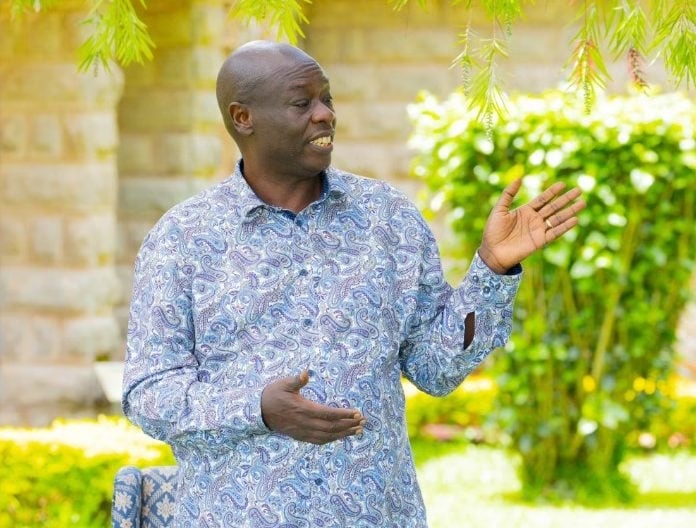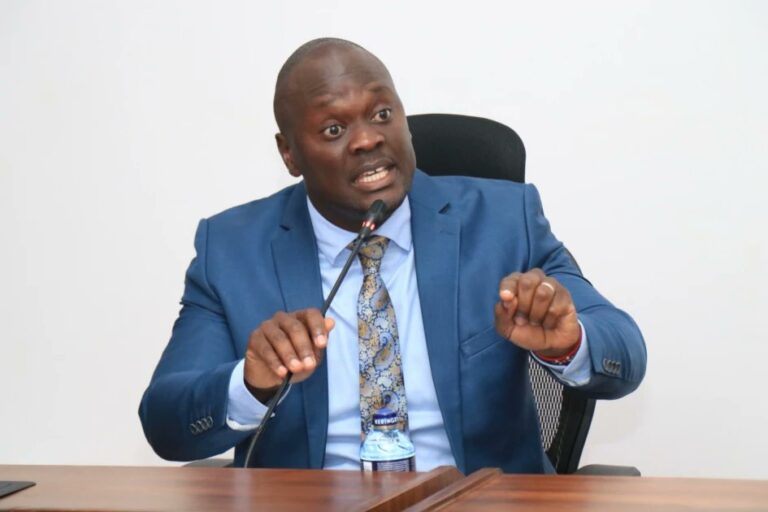
In Kenya’s political landscape, Deputy President Rigathi Gachagua recently stirred controversy with remarks directed towards his political rivals, particularly about the opposition leaders, whom he referred to as “mabrathee” and “masistee.” This choice of words has ignited a heated debate about tribalism, political allegiance, and the future of unity in the nation. As the country grapples with its complex history of ethnic divisions, Gachagua’s comments raise questions about the role of language in shaping political discourse and the potential consequences for national cohesion.
The Deputy President’s comments were made during a public rally where he aimed to rally support for the ruling party. By using informal terms that resonate with his base, Gachagua sought to create a sense of relationship among his supporters. However, the terminology also served to alienate those who identify with the opposition, highlighting the deep-rooted tribal affiliations that continue to influence Kenyan politics. Critics argue that such language perpetuates division rather than fostering unity, ultimately undermining the progress made since the post-election violence of 2007-2008.
To understand the implications of Gachagua’s words, it is essential to examine the historical context of tribalism in Kenya. The country has long struggled with ethnic tensions, often intensified during election cycles. Political leaders have frequently exploited these divisions for their gain, leading to a cycle of mistrust and conflict. Gachagua’s remarks, while intended to unite his supporters, risk reigniting these sentiments and further polarizing the electorate. As Kenya approaches the next election, the need for inclusive dialogue becomes more pressing than ever.
In response to the backlash, several political analysts and leaders have condemned Gachagua’s remarks. They emphasize the importance of unity in a country that has faced significant challenges due to ethnic strife. For instance, former Prime Minister Raila Odinga stated, “We must rise above tribal affiliations and work towards a common goal for the betterment of all Kenyans.” This sentiment echoes the call for a more inclusive political environment, one that prioritizes national interests over tribal loyalties.
The controversy surrounding Gachagua’s comments also depicts the role of social media in shaping public discourse. As clips of his speech circulated online, reactions poured in from various quarters, with many expressing outrage at the perceived tribal undertones of his words. Hashtags promoting unity and condemning tribalism gained traction, illustrating the power of digital platforms in mobilizing public opinion. This phenomenon underscores the need for political leaders to be mindful of their language and its potential ramifications in an increasingly connected world.
As the dust settles on this controversy, it remains to be seen how Gachagua’s comments will affect his political standing and the broader landscape of Kenyan politics. Will this incident serve as a wake-up call for leaders to prioritize unity over division, or will it deepen the existing rifts within the electorate? The answer lies in the collective response of the Kenyan people, who must navigate the complexities of their political reality while striving for a more inclusive and harmonious future.
Deputy President Rigathi Gachagua’s remarks have sparked a critical conversation about the role of language in politics and the enduring challenges of tribalism in Kenya. As the nation moves forward, the need for leaders to foster unity and inclusiveness is paramount. Only through open dialogue and a commitment to understanding can Kenya hope to transcend its historical divisions and build a brighter future for all its citizens.
